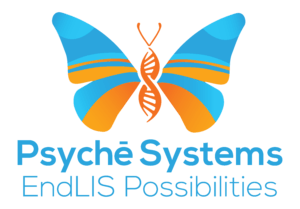Precision Meets Possibility: How PFMG Built a Global Diagnostic Breakthrough on the Backbone of NucleoLIS
In the complex world of specialty diagnostics, flexibility and precision aren’t luxuries—they’re lifelines. PFMG, an internationally oriented lab dedicated to a one-of-a-kind, high-cost molecular diagnostic test, partnered with Psychē Systems in early 2022 to build a fully customized LIS infrastructure from the ground up. Over the course of three years, PFMG invested deeply in tailored functionality, interface design, and digital outreach capabilities using NucleoLIS as the foundation. The result? A scalable, secure, and incredibly specialized LIS ecosystem that enables the execution and reporting of one of the most sophisticated diagnostic tests in the world. This white paper explores how PFMG leveraged NucleoLIS to support their scientific innovation, streamline global workflows, and prepare for growth on a global scale—while also expanding into anatomic pathology through a parallel deployment of WindoPath.
